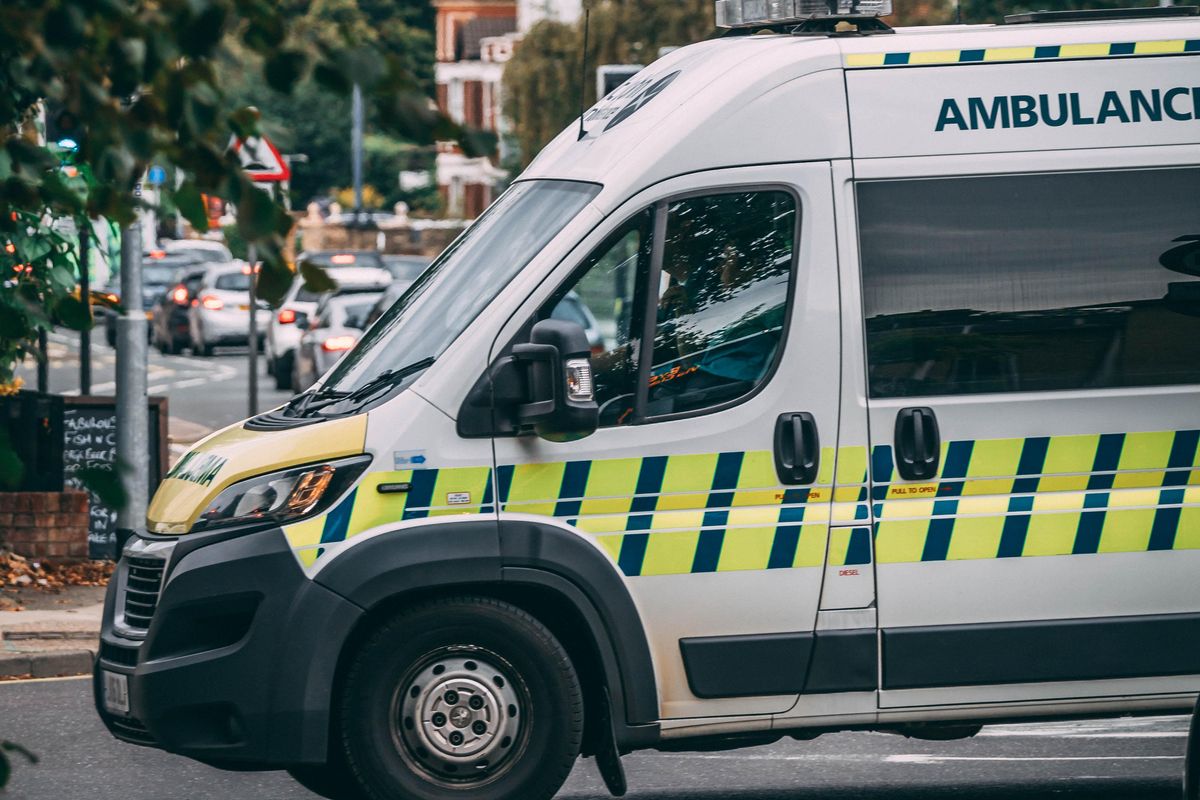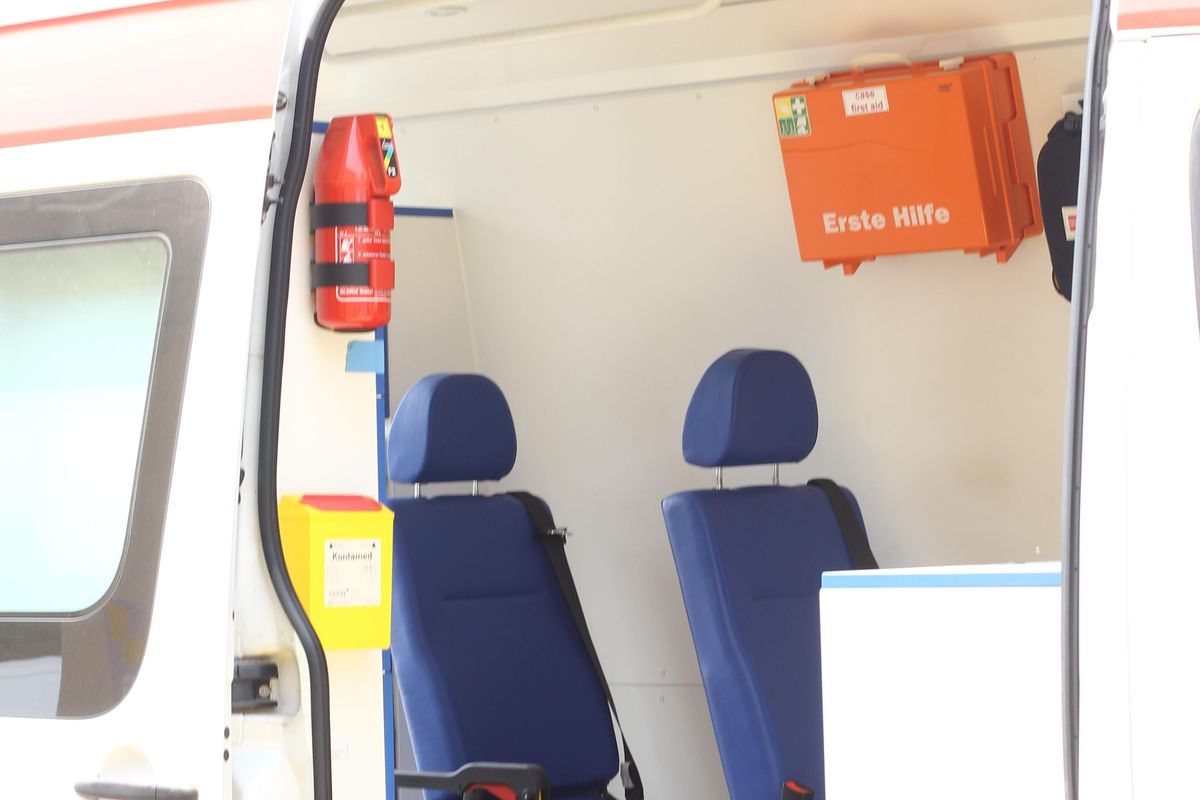The recently published Mastercard Index of Women Entrepreneurship 2021 found that in the category of 'Aspiration Driven Entrepreneurship’ – capturing those who actively choose to start their own business – women in the UK surpass men: 60% vs 56%. And Mastercard research from February 2022 found 10% of female business owners started their business in the past two years compared to 6% of men – meaning women were 67% more likely to have started a business during the pandemic.
Yet, there are common challenges that women founders continue to come up against - not least the gender imbalance in the household and long-held biases which are still prevalent.
In the UK, women are almost three times more likely to be balancing care and home commitments than men, and this was exacerbated during the pandemic as the additional barriers of school closures and lockdowns meant that the care time of dependents rose significantly on a day-to-day level for women. In addition, women were less likely to have access to a home office, greatly impacting the work they were able to accomplish when working from home was the only option.
It's also widely known that female business owners are still more likely to struggle to access funding for their business ideas. According to Dealroom, all-women founding teams received just 1.4% of the €23.7bn invested into UK start-ups in 2021, while all-male leadership teams have taken almost 90% of the available capital.
Without financial support, and when juggling significant time pressures both at home and at work, how can women grow their companies and #BreaktheBias (as this year’s International Women’s Day termed it)? What tools or support can save them time and money, and give them the headspace they need to focus on building their business?
With female owned businesses collectively estimating revenue growth of £120 billion over the next five years, solving this problem is bigger than supporting women – it’s about supporting the national economy.
Using tech to level the playing field
There are clearly societal issues at play that need to be resolved. But when we look at the rise in technology businesses during the pandemic, we can plainly see an alternative source of support critical for business growth: digital tools.
A third of female business owners say new technologies will be crucial to the success of their business in the future and one in five say it is the most important thing for business growth.
With new technology comes new ways to pay, create, and work. And yet there are barriers that prevent business owners accessing this technology. Women are significantly more likely to say they want to use more digital tools but don’t know what is best for their business and also more concerned about the security of digital tools.
When technology is adopted by businesses – whether using online accounting solutions or messenger services for communicating with staff – it saves them time, allows them to maintain and grow their customer base, and ultimately increases cost savings and profit.
By drastically improving the training and support that is available to women-owned business to access and utilise technology we will allow these businesses to grow and succeed. And we know there is demand for it.
Research done by the IFC and Dalberg shows that female entrepreneurs are more likely to invest time and money in business development. This includes product development, customer base expansion, and digital tools and training and there are plenty of services available offering this type of support – many of them for free.
One such programme is Strive UK – an initiative of the Mastercard Center for Inclusive Growth – which aims to reach 650,000 micro and small business owners across the UK and empower them with the tools they need to thrive in the digital economy through free guidance, helpful tools and one-to-one mentoring.
Working together with small business experts – Enterprise Nation, Be the Business and Digital Boost – we hope to ensure hundreds of thousands of UK female business owners have the tools they need to succeed and reach their ambitious goals. Because this ambition remains strong in the UK, with female business owners largely optimistic about the future despite the multitude of challenges they are facing. Four in ten say they will grow their business in the next five years – compared to only a third of male business owners – and they’re also 35% less likely than men to say they plan to downsize or close the business.
But if we do not empower female entrepreneurs to access the tools and technology they need to grow, there is a risk this optimism could be misplaced. Support programmes that provide business owners with guidance and mentorship can help ensure this isn’t the case, allowing female entrepreneurs to not only survive but thrive in the months and years ahead.





